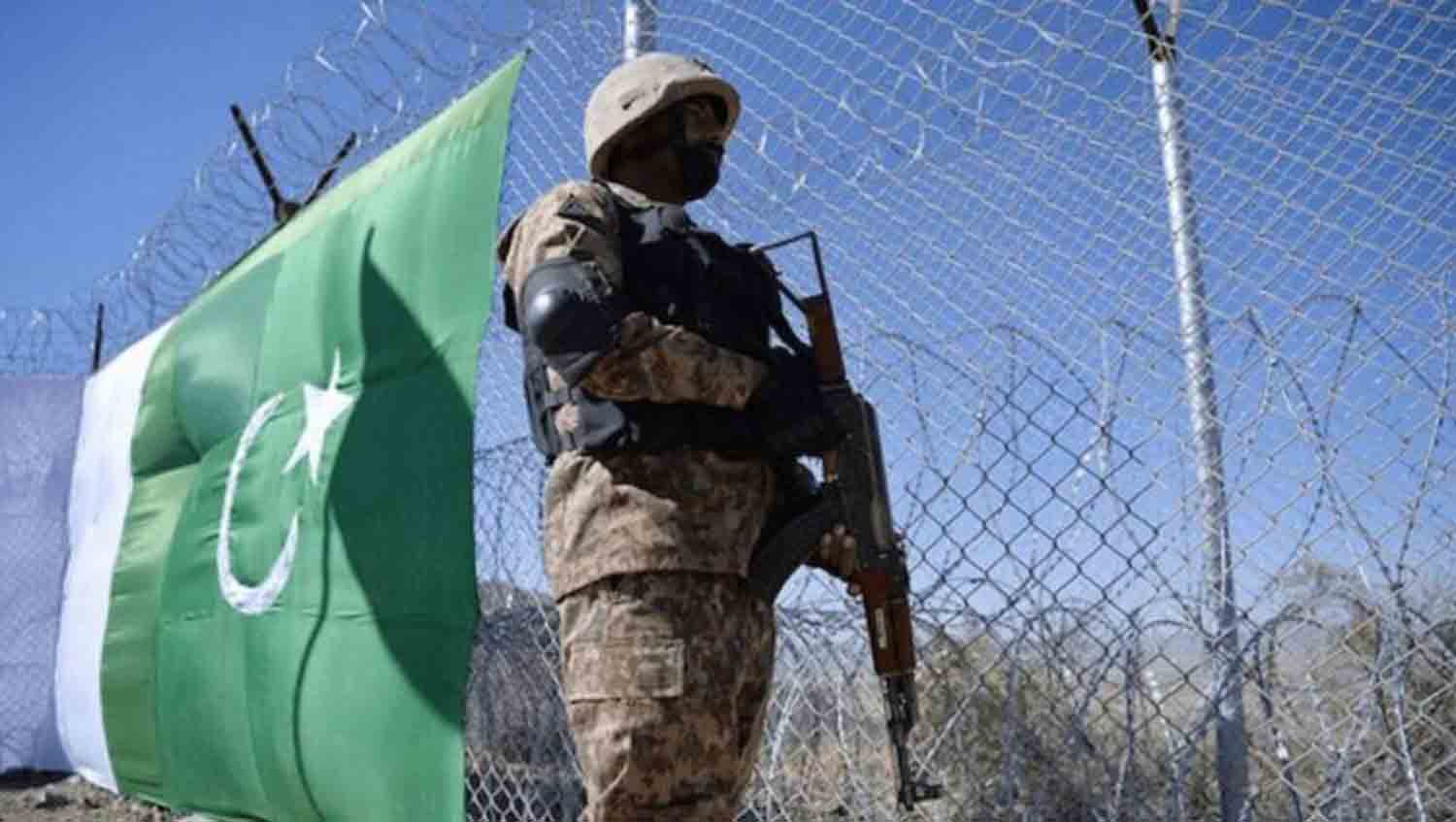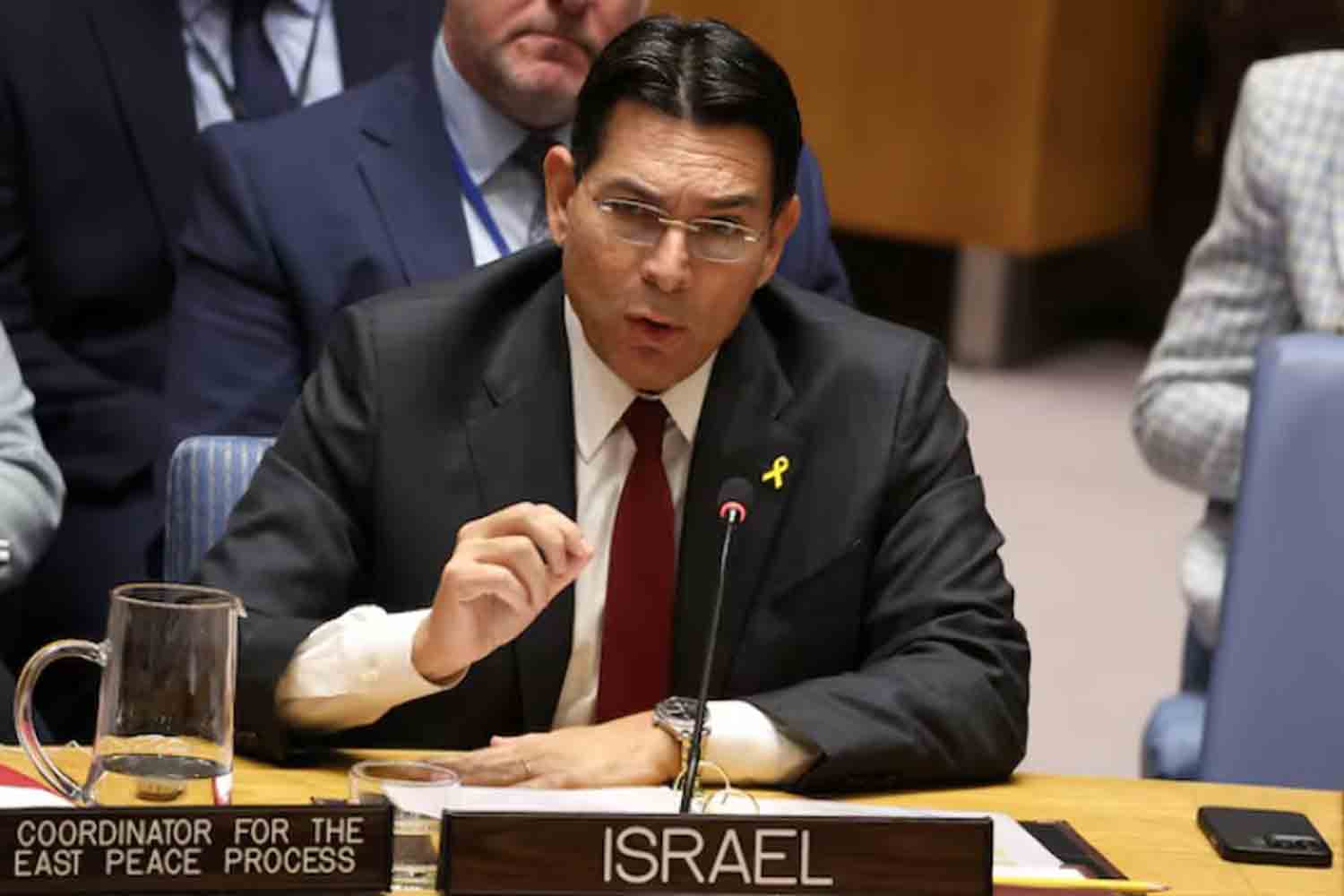When the Taliban seized control of Kabul in August 2021, then-Prime Minister of Pakistan Imran Khan notably remarked that the Afghan group had “broken the shackles of slavery,” marking their return to power after two decades.
The Taliban’s rise was perceived as a strengthening of Pakistan’s regional influence, as the country has long been viewed as the primary supporter of the Afghan group, seeking “strategic depth” for its own interests.
This strategy illustrated Pakistan’s military objective of maintaining a strategic foothold in Afghanistan through the Taliban, using this position as a counterbalance against India, its longstanding rival.
However, three years later, this strategy seems to have backfired, leaving Pakistani officials frustrated with their relationship with Kabul, even as the Taliban appears to be forging an unexpected alliance with India.
Recently, India’s Foreign Secretary Vikram Misri met with acting Afghan Foreign Minister Amir Khan Muttaqi in Dubai, representing the most significant public interaction between New Delhi and the Taliban to date. This meeting followed a series of actions from both parties that indicate a significant shift away from decades of hostility and mistrust, largely stemming from Pakistan’s backing of the Taliban.
The potential increase in Indian influence in Afghanistan may create tensions between Islamabad and Kabul, cautioned Iftikhar Firdous, co-founder of The Khorasan Diary, a platform focused on regional security matters. He stated to Al Jazeera, “In the end, it will be the Afghan populace, dependent on Pakistan’s borders, who will suffer the consequences of this power struggle.”
Historically, Pakistan has been a significant supporter of the Taliban, dating back to the 1980s when it aided the mujahideen against the Soviet Union, continuing through the early 21st century. Many Taliban leaders have found refuge within Pakistan’s borders.
In contrast, India has perceived the Taliban as a proxy for Pakistan, closing its embassy in Kabul after the Taliban’s initial rise to power in 1996. India has held the Taliban and its current allies, including the Haqqani network, responsible for multiple attacks on its diplomatic missions in Afghanistan, including assaults on its embassy in 2008 and 2009, as well as on consulates in Jalalabad in 2013, Herat in 2014, and Mazar-i-Sharif in 2015.
However, the dynamics have shifted significantly over the past decade.
In December 2024, Pakistan and Afghanistan engaged in cross-border strikes, marking a particularly violent year for Pakistan, especially against its law enforcement agencies, the worst since 2016. Pakistan claimed it was targeting Afghan bases of the Tehrik-i-Taliban Pakistan (TTP), which it accuses the Afghan Taliban of sheltering.
Simultaneously, India seems to have adjusted its strategy, opting for diplomatic engagement with Taliban representatives.
The initial major meeting occurred in Kabul in November 2024, where JP Singh, the joint secretary of India’s Ministry of External Affairs responsible for the Afghanistan, Pakistan, and Iran desk, engaged with acting Afghan Defence Minister Mullah Mohammad Yaqoob.
Shortly thereafter, the Taliban appointed Ikramuddin Kamil as their representative to New Delhi, despite India’s lack of formal recognition of the current Afghan leadership.
Following a recent discussion between Misri and Muttaqi, the Ministry of Foreign Affairs referred to India as a “significant regional and economic partner.”
“geographical reality remains unchanged”
Some analysts in Pakistan believe there is no immediate cause for concern.
Asif Durrani, a former Pakistani special representative to Afghanistan, remarked that the relationship between Pakistan and Kabul is more profound than that between New Delhi and Kabul. “India exited Afghanistan after the Taliban’s rise to power and has now returned to explore mutual business opportunities. Both India and Afghanistan are independent nations entitled to establish their own relationships,” Durrani stated to Al Jazeera. “Pakistan is unlikely to raise objections unless these relations threaten its interests,” he added.
Maleeha Lodhi, the former ambassador of Pakistan to the United Nations, the United States, and the United Kingdom, expressed a similar viewpoint.
“Afghanistan, being landlocked, relies heavily on Pakistan for both trade and transit. The geographical reality remains unchanged despite India’s attempts to strengthen its relationship with Kabul,” she stated in an interview with Al Jazeera.
However, while Afghanistan’s geographical situation remains constant, numerous other factors have shifted in recent years.
India has invested over $3 billion in Afghanistan in the past two decades, yet the main trade route for the Afghan government continues to be the border with Pakistan, where tensions have been rising due to Islamabad’s increasing concerns over TTP attacks.
The Tehrik-i-Taliban Pakistan (TTP), established in 2007, shares ideological ties with the Afghan Taliban and has engaged in a violent insurgency against Pakistan. Last year’s data indicated over 600 attacks within Pakistan, leading to approximately 1,600 fatalities, including nearly 700 members of law enforcement. The majority of these incidents were attributed to the TTP.
Pakistan has conducted several discussions with Afghan officials, including a visit from its special representative, Mohammad Sadiq, in December following a TTP assault that resulted in the deaths of 16 Pakistani soldiers.
During Sadiq’s visit, who is currently in his second term in this position, the Pakistani military executed airstrikes in Bermal, a district adjacent to Pakistan. The Afghan government, which denies providing refuge to armed factions, reported that the strikes resulted in the deaths of at least 46 individuals, including women and children. Just days later, the Afghan Taliban responded, claiming they targeted “several points” within Pakistan.
Lodhi highlighted Sadiq’s reappointment as special representative as an indication of efforts to mend relations. “Pakistan and Afghanistan are diplomatically re-engaging to recalibrate their relationship after a year marked by significant tensions. Strengthening ties is a strategic necessity for both countries,” she stated.
However, the recent meeting between Misri and Muttaqi also touched upon a topic that some analysts believe adds another layer of complexity to Pakistan’s relationship with the Afghan Taliban: the development of Iran’s Chabahar port by India.
The Chabahar aspect
The Afghan Foreign Ministry, in its announcement regarding the meeting between Muttaqi and Misri, noted that they discussed ways to enhance trade through Chabahar port, which could enable landlocked Afghanistan to bypass Pakistan for its import and export needs.
Chabahar is located in Iran’s Sistan-Baluchestan province, directly across from Pakistan’s Balochistan province—a region rich in resources where Islamabad has faced ongoing challenges from separatist movements. Many of these insurgents have sought refuge in Iran.
In January 2024, Iran conducted airstrikes on Pakistani territory, targeting suspected hideouts of anti-Tehran militant groups operating in Balochistan. Pakistan responded with its own military actions.
While tensions between Iran and Pakistan following these incidents have subsided, Islamabad has consistently accused New Delhi of instigating the Baloch nationalist movement.
Pakistan has pointed to the 2016 detention of Kulbhushan Yadav, whom it claims is an Indian spy active in Balochistan. India refutes these allegations, asserting that Yadav was abducted from Iran.
“India’s involvement in Balochistan and its backing of separatists is a long-standing narrative in Pakistan, highlighted by Yadav’s arrest,” Firdous remarked.
In this context, “discussions regarding Chabahar port and its role in Afghan-Indian trade will likely be perceived by Pakistan as an act of intervention,” the analyst from Peshawar noted.
Discover more from Defence Talks | Defense News Hub, Military Updates, Security Insights
Subscribe to get the latest posts sent to your email.





